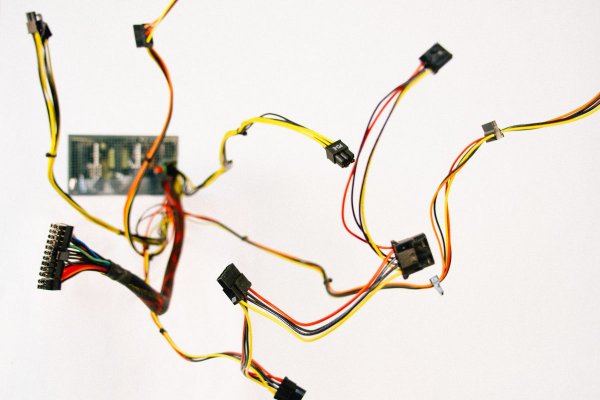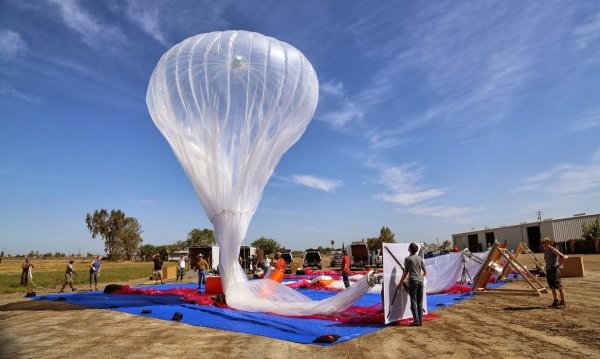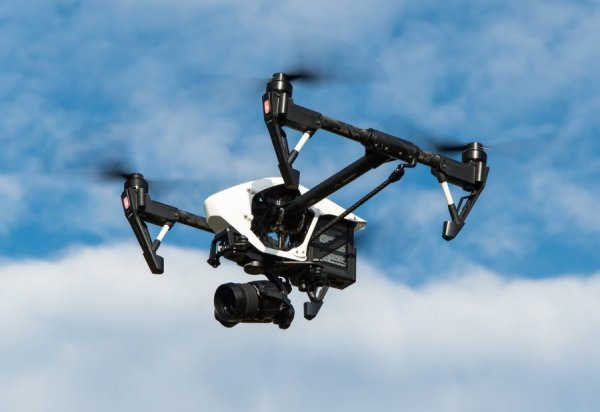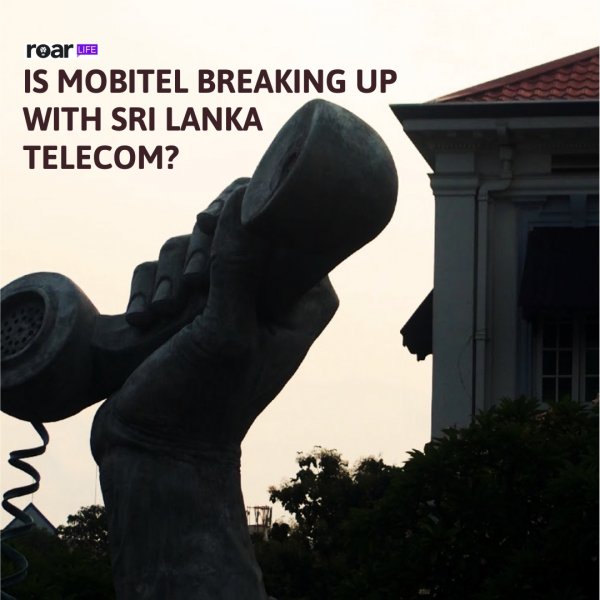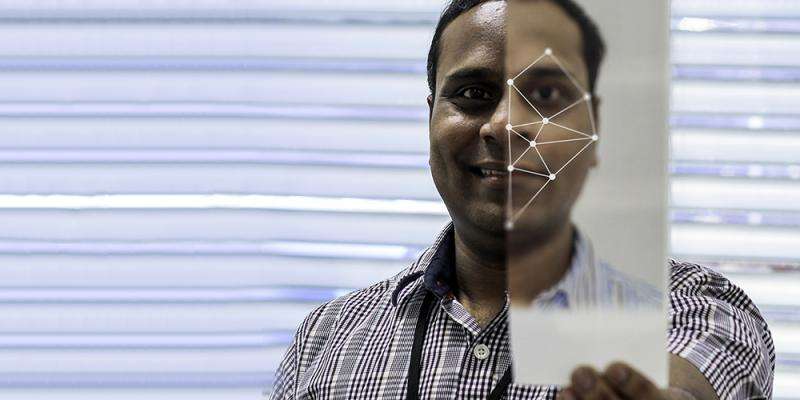
Sri Lanka needs to think bigger when it comes to startups. Sometimes it is easier to stick with the safer option, especially when that is what investors prefer, but there is no growth without risk, and if there is no growth, the industry stagnates. Entrepreneurs need to embrace uncertainty, looking into the future rather than focusing on the present and whatever quick returns can be squeezed out of the market. Investors need to take more risk as well. Sri Lanka suffers a bit when it comes to investment capital, but as an emerging market, the island can be a pretty good place for startups. Emerging markets in general still haven’t reached saturation points in many aspects of industry, which leaves a lot of space for new entrants to make their mark. Another advantage of emerging markets is that many ideas have already been tested in other economies, which gives entrepreneurs in Sri Lanka a lot more data to work with when developing businesses. They have evidence on what works, and what does not. These very significant positive factors makes Sri Lanka fertile ground for new and exciting startups that really do disrupt, instead of merely creating ripples.
Here are a few startups we wish Sri Lanka had. Some of them are technologically complex, while others just require a different angle of thought. Either way, each idea has potential for the country, and would fill big gaps in the current market, if they could get off the ground.
Facial Recognition Startups
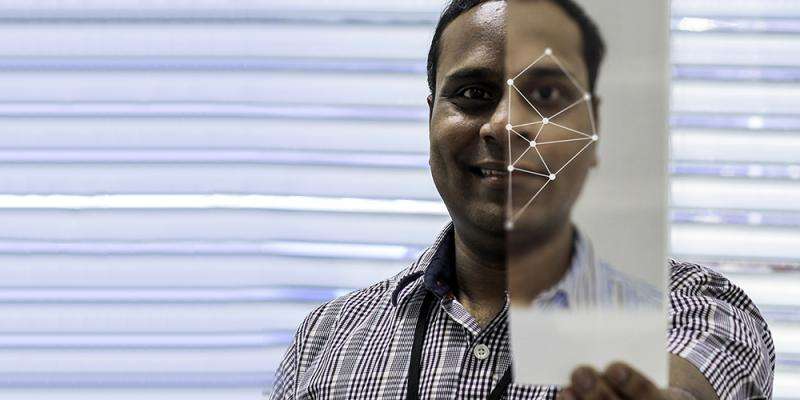
Facial recognition software has trouble with non-caucasian faces. Image courtesy Phys.org
Facial recognition software has a distinctive bias towards caucasian faces. While accuracy has improved over the last few years, algorithms used by law enforcement in Los Angeles have still failed to identify African American individuals accurately. The algorithms behind facial recognition software could be biased depending on the way they are trained, says Anil Jain, head of the biometrics research group at Michigan State University. If a gender or race is under-represented, then the software will be consistently inaccurate in recognising those faces. Facial recognition software developed in Asia tends to be better at Asian faces.
Sri Lanka could well use a startup that develops software that does a better job recognising faces in the South Asian region. This software can be sold or licensed for anything from computer lock screens, to corporate HR, to public security.
IOT Startups For The Home

Connected devices for the home can be expensive. Image courtesy: metering.com
IOT is always big news in the West. Google Home competes with Amazon Echo for a slice of the Smart Home pie, you get light bulbs you can control with a smartphone, smart electricity outlets, doors you can unlock remotely, connected video door bells, remote controlled window shades, and buttons that will allow you to order toilet paper at the push of a… well, button.
The problem with these devices, cool as they are, is that they cost hundreds of dollars. That’s way more than an average Sri Lankan household can afford. What with electricity prices being what they are, the general connectedness of the cities and the ubiquity of smartphones, the market could be ripe for IOT devices for the home, just at more affordable prices.
Lights that can be regulated, plugs that can be switched off remotely, and remote controlled home security systems would all be welcome additions to a Sri Lankan home. Broadband and mobile internet being as cheap as they are, it would be easy to connect the devices. We just need to have them built for the Sri Lankan market.
DIY Health Checkups

Health checkups can be done through devices kept at home. Image courtesy: qhms.com
The ageing population of Sri Lanka and a rise in non-communicable diseases will be an increasing burden on the healthcare system in the future. Given the inadequate capacity of the system to deal with this, as well as the general difficulty in getting treatment at public hospitals, or bearing the expenses incurred at the private ones, there are probably not a lot of people getting checkups, at least not until it is too late. And this can be a big problem when it comes to NCDs like heart disease, diabetes, and asthma, especially as lifestyles change in the cities.
A system for monitoring health from home ‒ or at least from easily accessible clinics ‒ would help citizens keep better track of their health, at least to an extent that is possible without more advanced procedures. The less invasive it is, like this glucose monitoring patch made by Sano, the more likely it is to be used. The easier it is and the cheaper it is to access medical care, the better it will be for public health in general. All health records can be stored in the cloud under a patient’s profile, so it can be accessed from anywhere, and patients could keep a device at home or drop by small clinics for quick, painless checks ups that update their stored profile automatically. All the doctor has to do is to log in to the system to access months and years worth of records of their patient.
Online Law Consultations

Law consultations could easily be done online. Image courtesy: oregonstate.edu
Law in Sri Lanka is a bit of a black book. Not many people understand its murky depths, and the public is left to the mercy of the courts. Sure, you can hire a lawyer, but as in any profession, you have good ones and you have ones with dubious intentions. Also, hiring a lawyer is expensive, and you might just need to get general advice or clarify a point of law without needing to go the full lawyer monty.
The accounting industry has turned its services to the internet quite easily, even in Sri Lanka. The medical industry hasn’t quite caught on here, but there are plenty of consulting services available in the West. Law is very different between countries, and unlike medical conditions, you can’t just Google it.
A consultation service that would offer advice on Sri Lankan law for a fee would be a useful service to have. Similar to how online tutoring services work, a qualified lawyer can, through text or video, consult on questions and offer steps that could be taken. Eventually, retaining a lawyer would be a must, but having an understanding of what one must do, would be an advantage.
Men’s Grooming

There’s a distinct lack of Sri Lankan grooming products for men. Image courtesy: fashion beans
On the lighter side of things, there is a severe lack of men’s grooming products made specifically for the Sri Lankan male. Half the available products are imported from India and have skin whitening ingredients. The other half belongs to Gillette, with a million different ways of getting rid of facial hair. If you are happy with your skin colour and have no intention of shaving, you are stuck with furtively raiding the ladies’ section for skin care.
Sri Lanka has a wealth of raw material used for premium grooming products. From organic coconut, to cinnamon, to vanilla and a host of other natural ingredients, all of which are much sought after for the beauty industry. Which also begs the question: why doesn’t Sri Lanka have much in the way of premium grooming for men, given the fact that Sri Lankan men are no slouches in the vanity department?
Peer To Peer e-Commerce
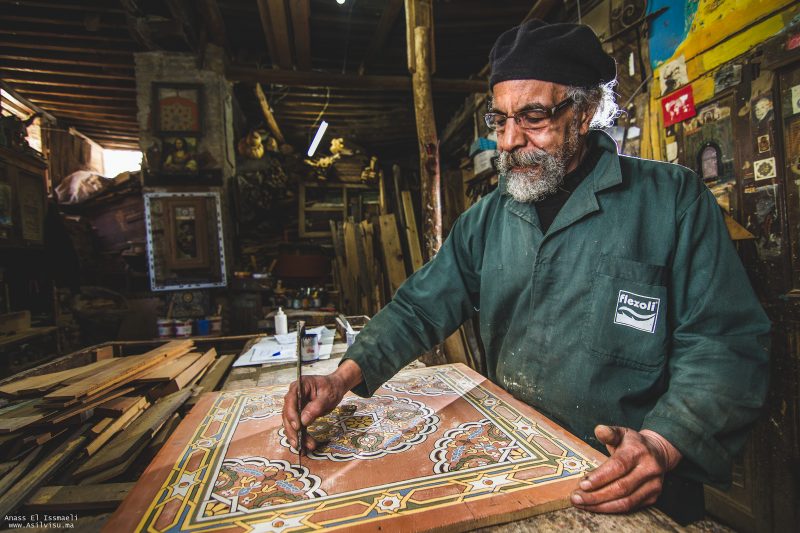
Makers of handmade goods need to be able to sell more widely. Image courtesy: WordPress.com
What Sri Lanka also needs is its very own Etsy. There are a very many talented artisans in the island who make really good products, whether they are made from clay and reed, or are stitched and woven, or painted and carved. These products are hard to find, unless you know exactly where to go looking. They’d fetch a good price from those looking for interiors or just something that is not the generic Made In China goods sold in gift shops the world over. Having a network where artisans and artists can sell unique products directly to buyers will increase income for the artisans, as well as create a platform where buyers could actually find these products, would be a huge business. Making the platform international would create a much bigger and better reach for these products, but would then bring into the equation the fact that we don’t have a proper payment processing system to accept incoming funds.
Conclusion
Sri Lanka needs to innovate quickly, if we want to stay ahead of the competition, even if it’s just in South Asia. The market may not be ready for all of these ideas, but if you don’t push boundaries, it’s never going to get bigger.

